I’ve recently come out of an enmeshed relationship and – spoiler alert – it wasn’t pretty. Breakups are always difficult but imagine them being 10x more guilt-ridden. That, folks, is how I felt ending this particular relationship. The worst part is that being in the relationship was just as difficult, if not more. And it’s not just about enmeshment in romantic matters. Even familial or friendly relationships can become painful and constricting when enmeshment creeps in. It ends up consuming all of your time, attention, and energy, to the detriment of just about everything else in your life.
Hold up, you do know what enmeshment is, right? Well, either way, you might want to read on. For in this article, we’ll take a brief look at what an enmeshed relationship is and discuss some ways to repair it. We have with us dating coach Geetarsh Kaur, founder of The Skill School which specializes in building stronger relationships, providing her professional views on the matter.
What Is Enmeshment In Relationships?
Table of Contents
The concept of enmeshment is often difficult to understand in relationships. It is more than just being close to someone. Geetarsh explains, “When we fall in love, we often forget that we have to set boundaries. At some point, your likes and dislikes are challenged or your partner treats you differently from what you expected. But since you don’t want to lose the person, you forget to draw lines and invite future complications. This is what enmeshment in marriage or romantic relationships looks like.”
Relationships – particularly familial ones – are supposed to be healthy and supportive. But when there is enmeshment, this special bond gets jeopardized. Take any enmeshed mother-daughter relationship for example. No matter how much love they share, daughters often end up resenting their mother’s involvement in their personal life due to enmeshed boundaries.
Consider enmeshment in romantic relationships. Oftentimes in an enmeshed dynamic, one partner feels like their identity is getting merged with the other. This loss of identity leads to unhealthy behaviors and imbalance in the relationship. Whether familial or romantic, enmeshment can occur on some level in every close relationship. The involved people end up smothering each other because they don’t know how to ask for and give personal space. In such cases, both the individuals need to work on their attachment style.
Signs That You’re In An Enmeshed Relationship
Talking about clients stuck in enmeshed relationships, Geetarsh narrates, “A recent client of mine got married very early. She had always been very docile. Obedient to her parents and in-laws, she had a similar relationship with her husband. Normally, people evolve gradually with relationships and so do their boundaries.
“But she was too young and naive when she got into the relationship. She didn’t have any clear idea about what kind of person she was and what she wanted from life. By the time she did figure it out, the relationship with her husband had become deeply enmeshed. The husband could not acclimate to her newfound ambitions and opinions. After giving a lot of grief to each other, the couple finally split.”
You see, enmeshment in marriage makes it difficult for the spouses to differentiate their own thoughts and emotions from the other. Such couples are often unable to distinguish where one person ends and the other begins. Imbalanced relationships, like the one mentioned above, are most prone to get caught up in enmeshment.
Enmeshed relationships are characterized by people who have a limited sense of boundaries and no individual identity. They have fused; losing their sense of self in the process. They cannot imagine living separate lives. This phenomenon is not exclusive to romantic relationships.
Enmeshed relationship with parents is common in families that have difficulties with expressed emotions and open communication. A child who has difficulty distinguishing between their own feelings and those of their parents may grow up with low self-esteem. We have compiled the following list of signs that can help you determine if you’re in an enmeshed relationship.
Related Reading: 23 Signs Of An Unhealthy Relationship
1. You’ve lost your sense of self
If all your efforts are directed toward gaining your partner’s approval, you have lost your sense of identity in the relationship. As Geetarsh puts it, “You now belong to someone else. You feel dependent on your partner for happiness and, in extreme cases, even survival.”
One of the most glaring signs of an enmeshed relationship is when you find it hard to do anything without your partner, even the things that do not need any assistance. You just can’t imagine spending a day without your partner. There is a nagging fear when they leave the room that they won’t come back.
2. Your loved ones are concerned about the relationship
Friends or family are concerned about your relationship. You don’t have many friends outside the enmeshed relationship. The relationship feels all-consuming, so there isn’t time for other people or activities. You feel anxious or uncomfortable when spending time away from your partner.
Related Reading: 12 Completely Valid Reasons To End A Relationship – No Matter What the World Says
3. You idealize your partner
Geetarsh says, “Healthy relationships are about equal partnerships. The moment you put the other person on a pedestal, the balance is skewed. You will constantly need their validation and acceptance.” When there is enmeshment in marriage, wives often make this mistake. They become so afraid of their husband’s judgment that they try to please them even when it hurts them emotionally, mentally, and physically.
4. You feel responsible for your partner’s happiness
You feel responsible for another person’s feelings or problems. You think that if you don’t help, no one else will. You avoid conflicts with the other person. When disagreements do occur, they are very upsetting and difficult to resolve. They get jealous whenever other people approach you or spend time with you. They might have trouble respecting your personal space.
Enmeshment Vs Codependency
Enmeshment isn’t necessarily the same thing as codependency. The difference lies in how much the enmeshed individuals depend on one another for emotional support and stability. Codependency is characterized by one person relying on another to meet all of their needs, while enmeshment occurs when two or more people become so emotionally interconnected that they can’t function independently of one another. Let’s take a look at an example to better understand the enmeshment vs codependency difference.

Jack goes out of his way in helping out his girlfriend, Karen, with the littlest things. He sees it as a cute expression of love when he drives across town just to give her a lift to the supermarket. He often drops important work to be by her side whenever Karen faces the slightest of problems. At the same time, Jack doesn’t share his issues with Karen let alone ask for her help.
What do you think will happen if the relationship continues in the same fashion? There’s a fair chance that Karen will become increasingly dependent on Jack, who, in turn, will find himself being stretched thin trying to cater to his partner’s needs and demands – whether real or perceived. But since Jack isn’t dependent on Karen, the relationship cannot be categorized as enmeshed. This, in fact, is a classic case of codependency where one partner takes on the role of a giver, and the other becomes a taker.
How To Set Boundaries In An Enmeshed Relationship?
Boundaries are essential in any relationship for maintaining a sense of self and independence within the relationship. But setting boundaries can be especially tricky in enmeshed relationships. The most important thing is, to be honest with yourself about what you need and want.
You also need to be willing to communicate openly and honestly with your partner. If you can do that, you have started on the correct path. Listed below are some ways to repair enmeshed boundaries and set healthier ones:
1. Communicate freely
“Communication is the only way to set and evolve boundaries in a relationship. There is no way around it. You need to use real-life examples from their life to explain how they have set boundaries that you have accepted and it’s time they do the same for you. In my experience, live examples always work in driving a point home, especially in close relationships.” says Geetarsh.
2. Gauge your partner’s mindset
Geetarsh suggests, “While communicating your needs to your partner is the first step to setting boundaries, they also need to be in the right frame of mind.” This is an especially important point to consider. After all, you are challenging the status quo of your relationship by trying to change its enmeshed boundaries. This can lead to a lot of friction if the other person is not in the mindset to understand and accept these changes.

3. Do NOT avoid necessary conflicts
“While raising your pitch can be detrimental to a conversation, losing your voice can be equally detrimental to a relationship,” says Geetarsh. Repairing an enmeshed relationship is not going to be without its cost. There will be fights and some of them will get ugly. But when you are fighting for a healthier relationship, you see the fight through. You don’t need to insult the other person. But if speaking the needed truth is going to be hurtful, so be it.
Related Reading: 12 Reasons Arguments In A Relationship Can Be Healthy
Enmeshed relationships can be difficult to navigate. If you feel like you’re in an enmeshed relationship, it’s important to set boundaries and learn how to communicate effectively. Although a difficult task, it’s crucial for both people involved in the relationship. It’s important to get help if you feel like you’re not in control of your own life. We hope this article has been helpful. For more assistance, please connect with our panel of experts.

FAQs
Ending an enmeshed relationship is never easy. It can be incredibly challenging to extricate yourself from a relationship that has become all-consuming. The most important tip while ending enmeshed relationships is to be completely unambiguous. You need to make it clear that the relationship has ended and you do not want to relive that emotional trauma for any reason. Remember, you deserve to be happy and healthy, and that your well-being comes first.
Narcissistic enmeshment is a type of relationship dysfunction in which one partner excessively relies on the other for affirmation and self-definition. It is most commonly seen in relationships where one partner is narcissistic and the other is codependent.
The narcissistic partner demands constant attention and admiration, while the codependent partner gives up their own identity and becomes obsessed with meeting the needs of their partner. This leads to a cycle of dependency and abuse in which the codependent partner is never able to get their needs met.
Parental enmeshment is a term used to describe a relationship in which the parents are overly involved in their child’s life. This might manifest as the parents constantly trying to control their child or being overly critical. Some experts believe that parental enmeshment can be abusive, as it can damage the child’s ability to develop healthy relationships as an adult.
Giving Too Much In A Relationship? How Much To Give Of Yourself
8 Signs You Were Raised By A Toxic Mother: With Healing Tips From An Expert
6 Reasons Why Being Single Is Better Than Being In A Relationship
Your contribution does not constitute a charitable donation. It will allow Bonobology to continue bringing you new and up-to-date information in our pursuit of helping anyone in the world to learn how to do anything.


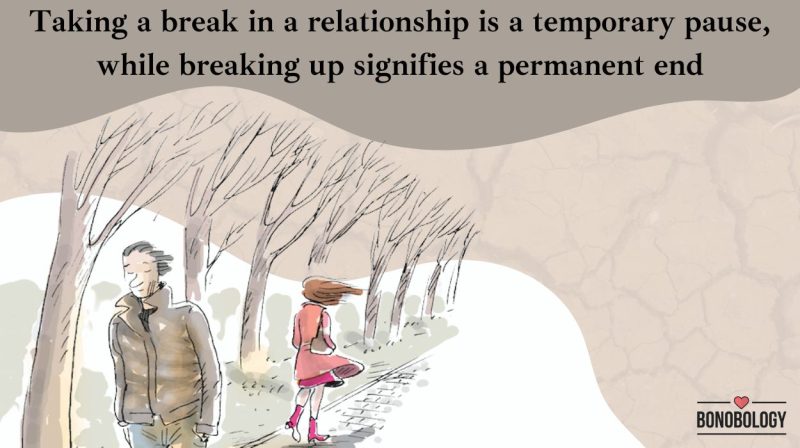


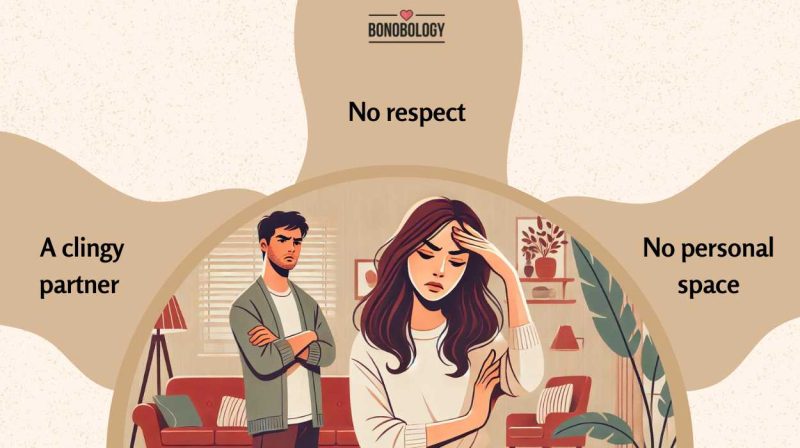
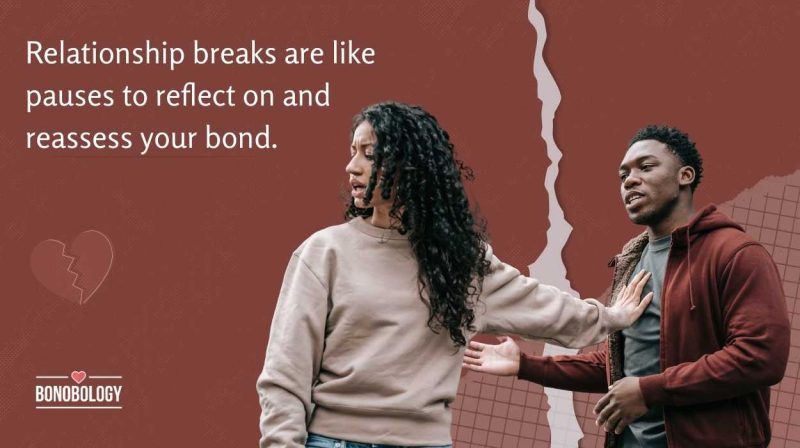
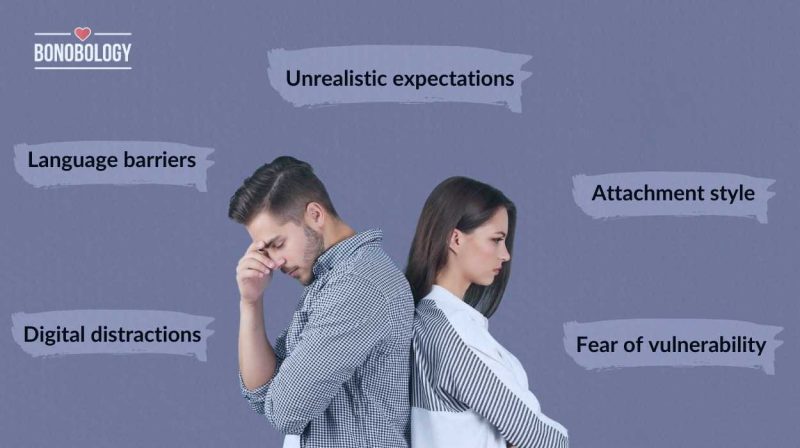

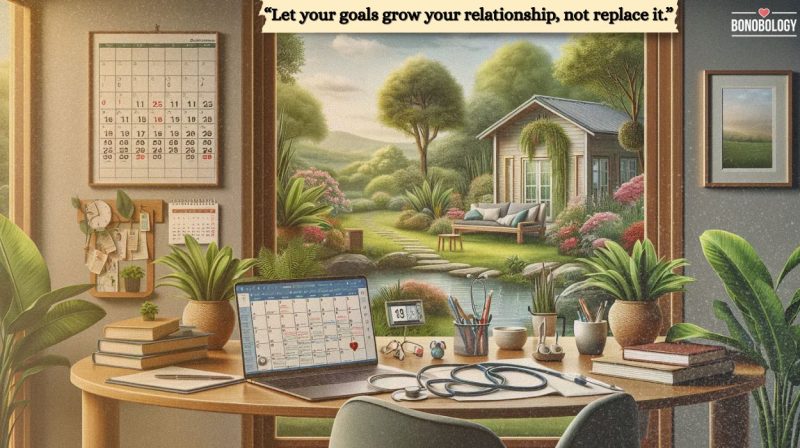
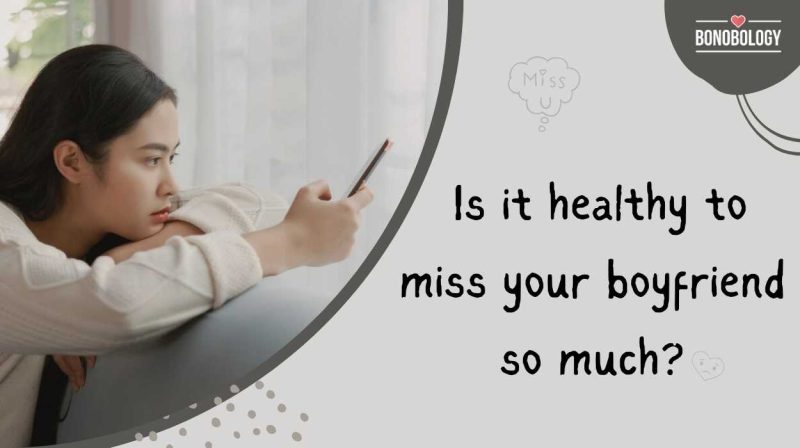
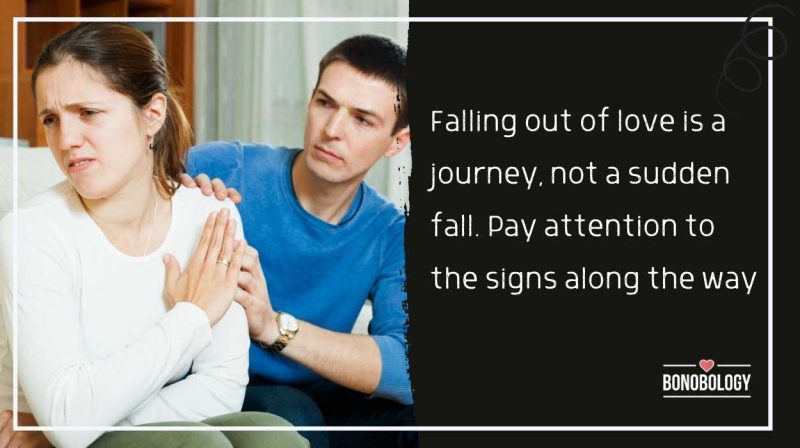
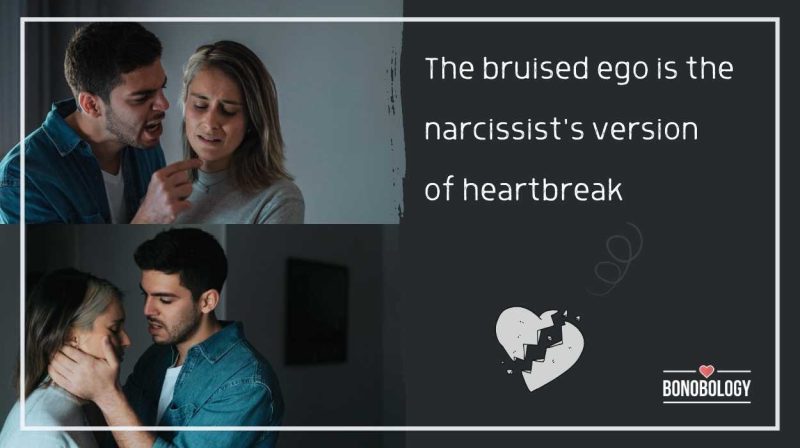
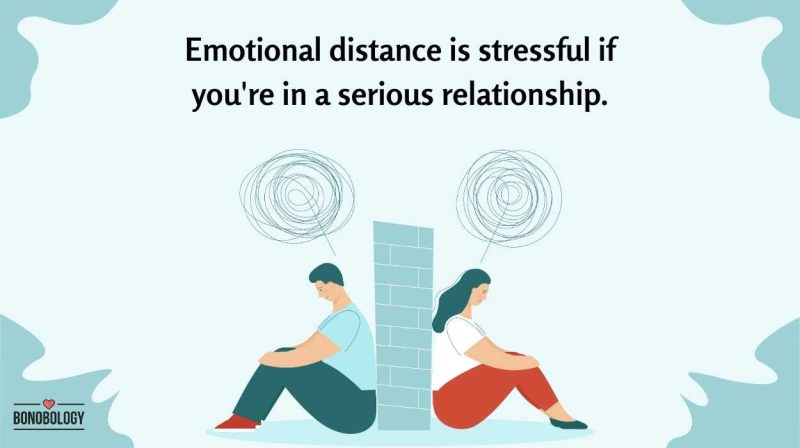
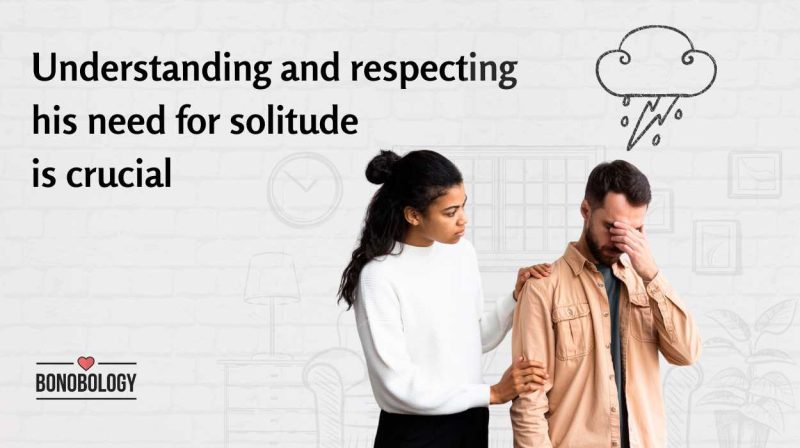
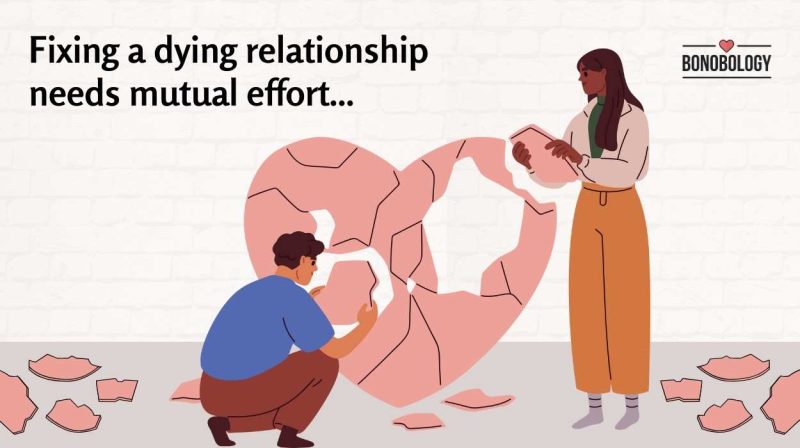
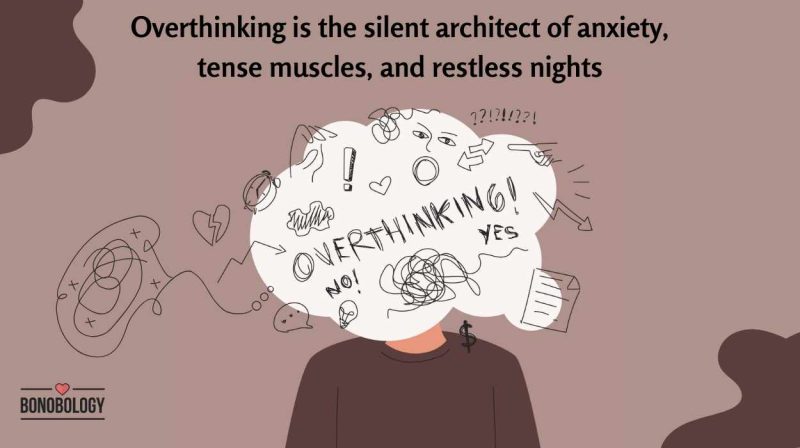
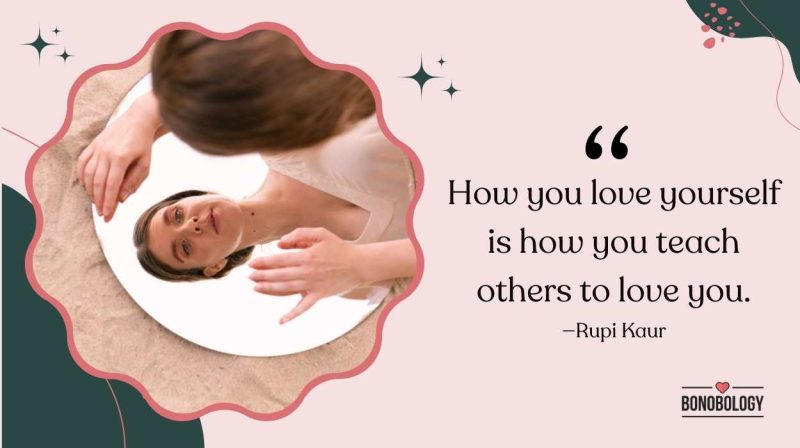
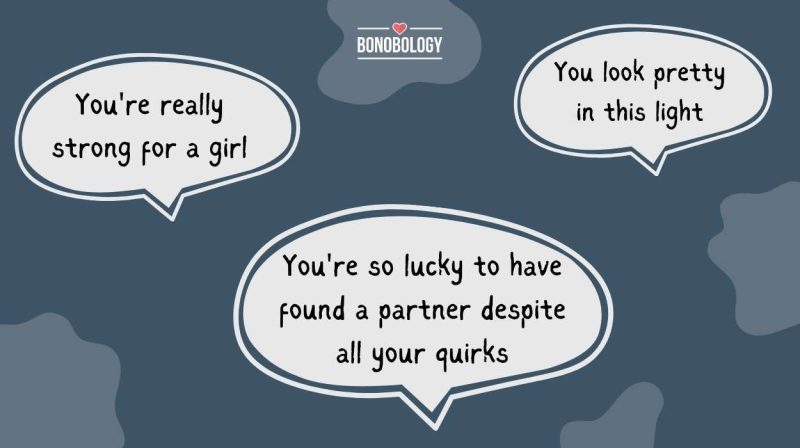
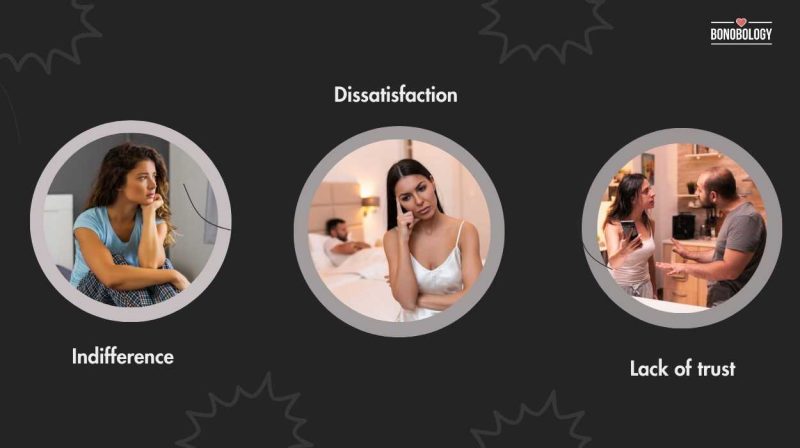
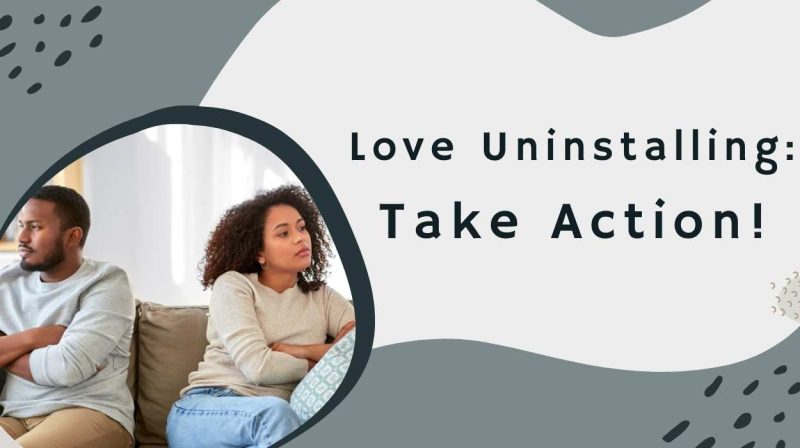

Wonderful